Zelensky indicates willingness for talks with Putin as war ends
- Update Time : Thursday, February 6, 2025
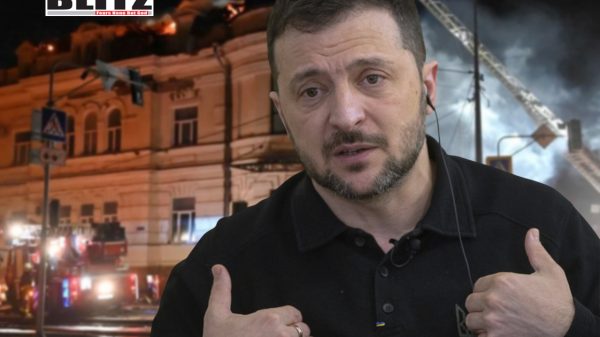
Ukrainian President Vladimir Zelensky has suggested he is open to negotiations with Russian President Vladimir Putin under certain conditions, marking a notable shift in his previously rigid stance. In an interview with British journalist Piers Morgan, excerpts of which were published on February 4, Zelensky stated that if meeting Putin is the only means to secure peace for Ukraine without further loss of life, he is prepared to consider it.
For nearly two years, Zelensky has maintained an unwavering position against any form of dialogue with Moscow, branding Putin as an adversary beyond diplomatic engagement. His administration even went as far as enacting a decree in October 2022, explicitly banning negotiations with Russia as long as Putin remains in power. This decree has been a cornerstone of Kyiv’s official policy, reinforcing Ukraine’s stance that Russia’s military actions eliminate the possibility of any settlement other than complete Russian withdrawal.
Yet, Zelensky’s latest remarks indicate a significant departure from this policy. “If that is the only setup in which we can bring peace to the citizens of Ukraine and not lose people, definitely we will go for this setup, for this meeting,” he told Morgan. He acknowledged his adversarial perception of Putin, saying, “I will not be kind to him and I… consider him an enemy. And to be honest, I believe he considers me an enemy as well.”
The shift in Zelensky’s rhetoric raises the question: is Kyiv beginning to acknowledge the reality that a purely military solution to the conflict is increasingly elusive? Or is this merely an attempt to shape the narrative as Ukraine’s battlefield struggles mount?
Zelensky’s apparent softening on negotiations comes amid mounting challenges for Ukraine, both militarily and diplomatically. Over the past months, reports from the battlefield have indicated that Ukraine’s counteroffensive has failed to achieve its stated objectives. The anticipated breakthrough that was to push Russian forces out of occupied territories never materialized, and Ukraine now faces an entrenched, well-fortified Russian military presence.
Additionally, Ukraine is grappling with dwindling Western support. The United States and European allies continue to pledge assistance, but actual deliveries of military aid have slowed due to political gridlock in Washington and growing fatigue in European capitals. The Biden administration, for example, has struggled to pass additional funding for Ukraine in Congress, with increasing skepticism from Republican lawmakers who question the long-term sustainability of the effort.
The European Union, facing economic strain and internal political divisions, has also struggled to maintain the same level of enthusiasm for supporting Kyiv. With these geopolitical realities in mind, Zelensky’s latest comments might be less about a genuine willingness to negotiate and more about securing renewed international backing by appearing open to diplomacy.
While Zelensky signals conditional openness to talks, Putin has presented his own barriers to negotiation. The Russian president recently reiterated his long-standing position that Zelensky is no longer a legitimate leader, given that his presidential term officially expired in May 2024 without an election to extend his mandate. According to Putin, any agreement signed by Zelensky under such circumstances would lack legal validity, making negotiations effectively pointless.
“It’s possible to negotiate with anyone. However, due to his illegitimacy, [Zelensky] has no right to sign anything. If he wishes to participate in talks, I will deploy people who will conduct such negotiations,” Putin stated.
Putin further emphasized that Kyiv’s 2022 decree banning negotiations remains an obstacle. He argued that Zelensky, having signed the decree while still constitutionally recognized as president, can no longer repeal it given his current “illegitimate” status. “That’s the trick, the catch, the trap,” Putin said, implying that Zelensky is caught in a bureaucratic paradox where he is both unwilling and unable to formally lift the ban on negotiations.
Despite these legal arguments, Putin has repeatedly stated that Moscow remains open to negotiations-though on terms favorable to Russia. The Kremlin has long insisted that Ukraine recognize the territorial realities created by the war, including Russia’s control over Crimea and four other regions annexed in 2022.
Ukraine, backed by its Western allies, has dismissed any settlement that includes territorial concessions, instead calling for a full restoration of its 1991 borders. This fundamental gap in positions remains the biggest stumbling block to meaningful peace talks.
Moreover, Moscow’s skepticism about Zelensky’s sudden willingness to engage in dialogue is evident. Russian officials view his statement as a maneuver rather than a sincere gesture, given his long history of rejecting diplomacy. There is also concern within the Kremlin that any negotiations at this stage could be used by Kyiv to buy time, regroup, and rearm for another offensive.
With Ukraine facing increasing pressure and Russia remaining entrenched in occupied territories, the possibility of negotiations appears more complex than ever. Zelensky’s statement signals an important rhetorical shift, but it does not necessarily translate into immediate diplomatic action. Several key challenges remain:
- The Legal Barrier – Unless Zelensky formally repeals the 2022 decree banning talks, no meaningful negotiation process can begin.
- Western Reactions – If Ukraine’s Western backers perceive this as a sign of weakness, it could further complicate military aid packages.
- Russia’s Conditions – Moscow will not accept a settlement that does not include territorial gains, which Kyiv is unlikely to concede.
- Internal Political Dynamics – Any move towards talks could provoke political backlash within Ukraine, where nationalist factions strongly oppose negotiations with Moscow.
For now, the most realistic scenario is a continued military stalemate with occasional diplomatic overtures. Zelensky’s statement does not indicate an imminent breakthrough but suggests that Kyiv is beginning to explore alternative pathways as the war drags on. Whether this leads to real negotiations or remains a strategic move to manage international expectations remains to be seen.
Zelensky’s willingness to consider talks with Putin marks a significant shift in the Ukrainian leadership’s messaging. Whether it signals an actual policy change or is merely a tactical move to secure renewed Western support remains uncertain. Meanwhile, Putin remains steadfast in his position that Zelensky lacks legitimacy to sign agreements, adding another layer of complexity to any potential diplomatic engagement.
As the war grinds on, both sides remain locked in a brutal struggle with no clear resolution in sight. If diplomacy is to emerge as a viable solution, it will require more than rhetorical shifts-it will necessitate concrete political will, compromise, and a willingness to address the fundamental issues driving the conflict. Until then, the battlefield remains the primary arena where this war’s fate will be determined.


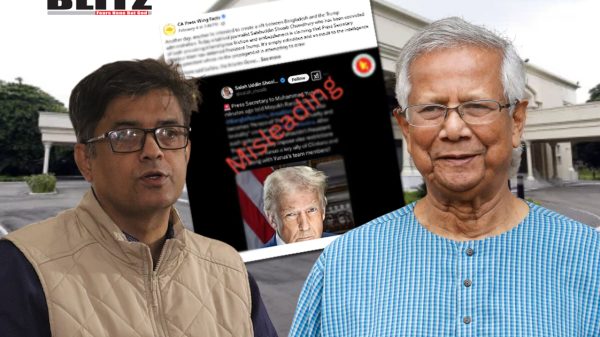
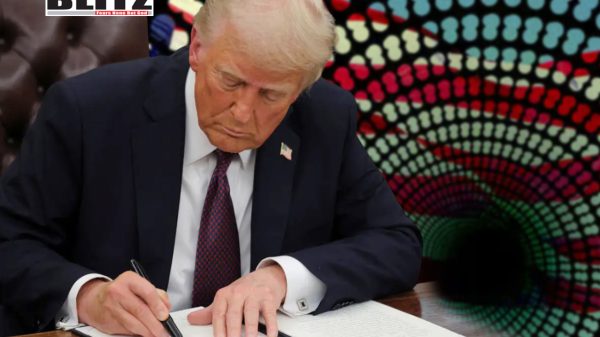
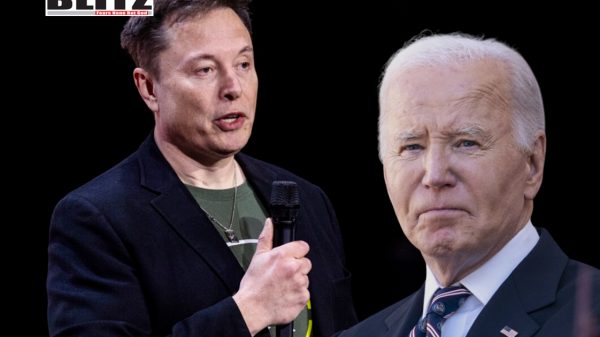
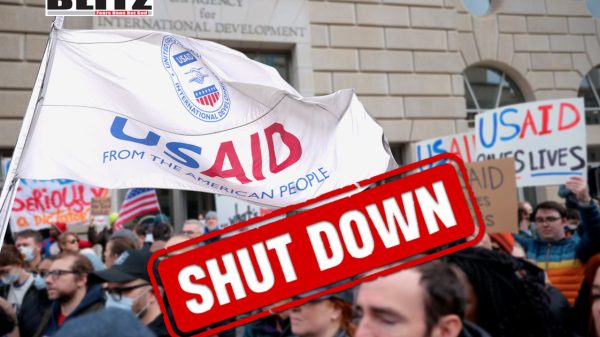
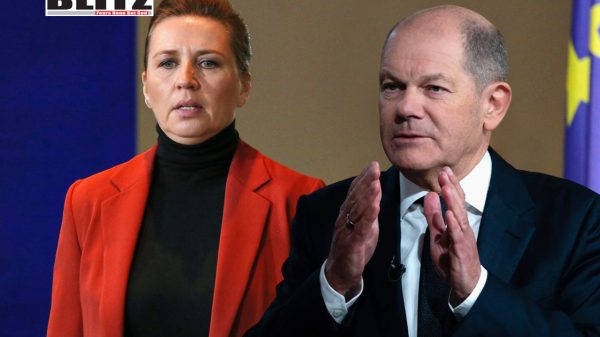
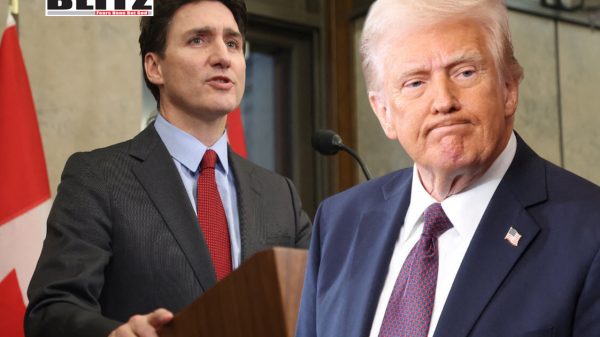
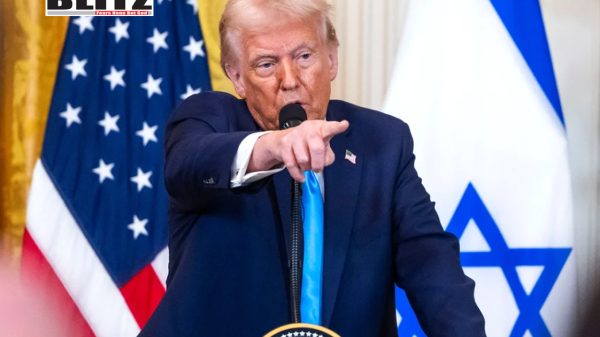
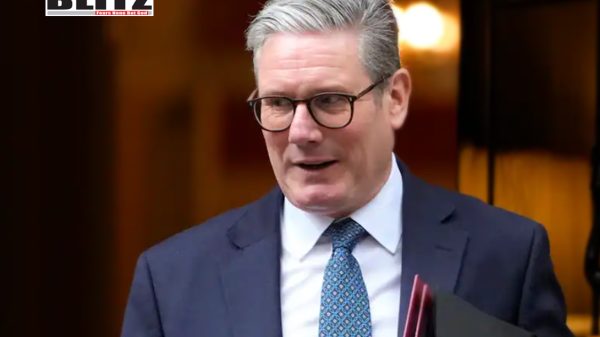
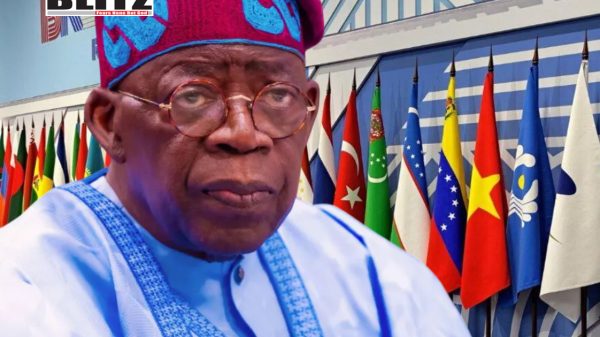
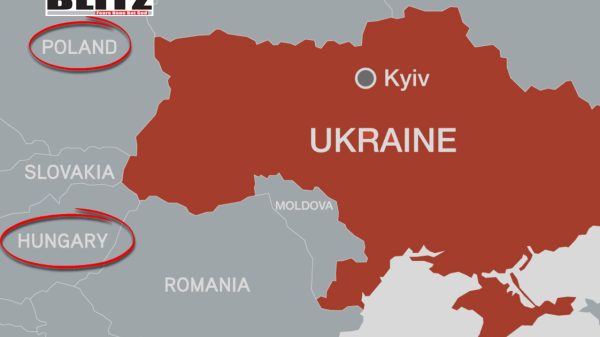

Leave a Reply